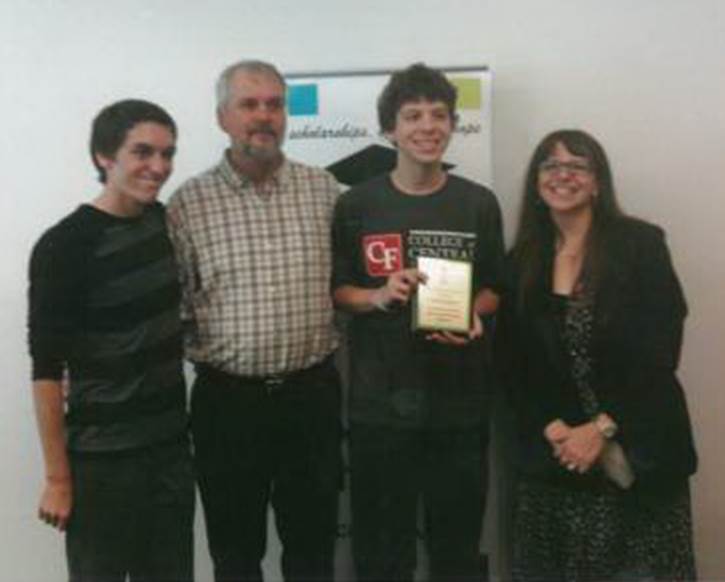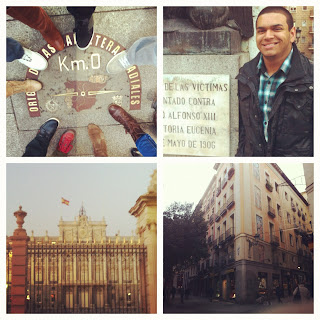 |
| TSIC Alum Stephen Helwig |
Take Stock: Can you tell us a little bit about your background? Where did you grow up? Where did you go to college and what did you study?
Stephen Helwig: I was born in Jamaica and moved to the United States when I was eight years old. Until 7th grade I lived in Boynton Beach, just south of West Palm. At the start of 7th grade my family moved to Palm Bay, FL and I attended Covenant Christian School. Eventually I switched to West Shore Junior/Senior High School in my sophomore year. I received the Take Stock in Children scholarship in the 11th grade. At first I did not receive a mentor, but I was very fortunate to be matched with one during my senior year.
I attended Brevard Community College (BCC) and received my AA degree; afterwards I moved to Orlando and attended the University of Central Florida (UCF). In 2007 I got my bachelors degree in Management Information Systems (MIS) from UCF.
TS: What has been your career path after college? Can you tell us about your current job?
SH: After I moved to Orlando in 2006 to finish my college degree, I began looking for internships and entry level positions before I finished my college coursework. I was fortunate enough to have a friend who was interning at Siemens, which is an international electronics and electrical engineering firm with their Energy Division US headquarters in Orlando. He told me that Siemens was looking for student interns with MIS majors, and, with his help, I was able to secure an internship there, which later turned into a full time position.
In total, I worked at Siemens for 6 years and made my way up the ladder to become a Level 2 IT Architect. However, the farther I moved up the chain at Siemens the less they asked their employees to develop their technical skills, which was a skill set I still wanted to develop. I also wanted to transition from internal IT support, to working on a product that was a revenue stream for the company. This led me to accept my current position as IT Architect at Silverpop, which is based in Atlanta, GA. At Silverpop, I get the opportunity to further expand my technical skills building an email marketing solution using cutting edge cloud and web technologies.
TS: When did you first become involved in Take Stock in Children?
SH: My guidance counselor at West Shore actually brought it to my attention during an English class. At first I brushed it off and didn’t pay any attention to her. But she persisted, called my family, and eventually I was forced to sign up. A year later I found out that I received this scholarship.
TS: Who was your mentor? Can you talk about your relationship with your mentor?
SH: Dyer Matlock was my mentor. In the beginning, I wasn’t paired with a mentor, and, at first, I didn’t think I needed a mentor because I thought only the kids who got into trouble got mentors. I was never a kid who got into trouble. But, in my senior year, I was paired with Dyer who has become a lifelong friend and role model for me. In the beginning, we met once a week and after high school graduation we would work on cars together and do woodworking together. Over time he became like a family member to me and we still talk regularly over the phone. In fact, he and his wife are planning to make a visit to Atlanta to see me and my wife. We’re looking forward to their visit!
TS: Would you say Take Stock in Children impacted your life? How so?
SH: Take Stock in Children impacted my life in many different facets. First, Take Stock introduced me to Dyer, who as I mentioned, is someone who I will be friends with for the rest of our lives. Second, the scholarship got me on track to obtain a degree and not get burdened by student debt. I only had to take out loans to pay for my living expenses while at UCF, which was very minimal. This investment also had a great impact on my family because with my college tuition paid for, it allowed my mother to help afford my brother’s college expenses. In the end we were both able to get jobs and improve our family’s future prospects.
Take Stock congratulates Stephen on all of his accomplishments, as he stands as a real role model for current TSIC students!
















